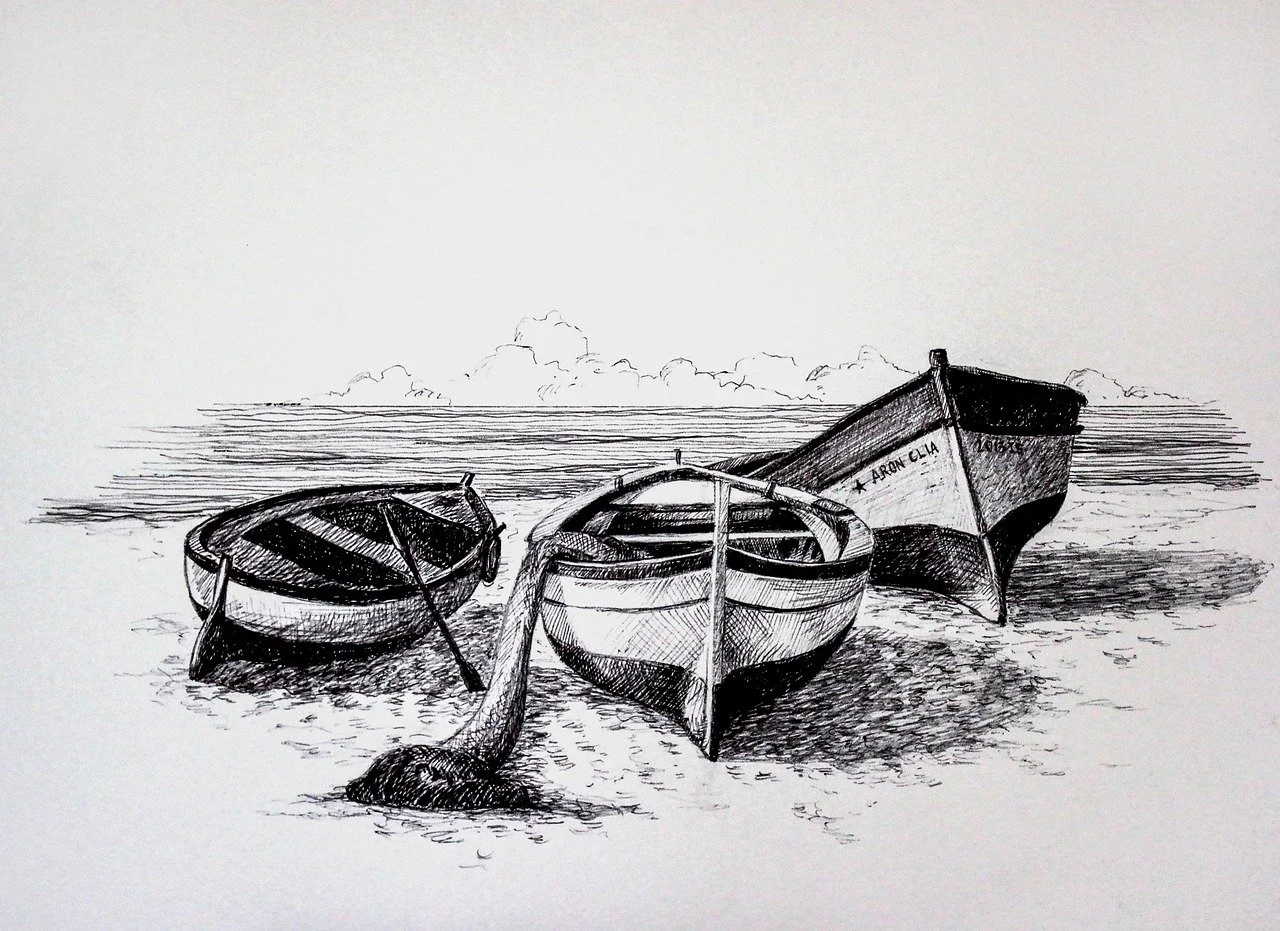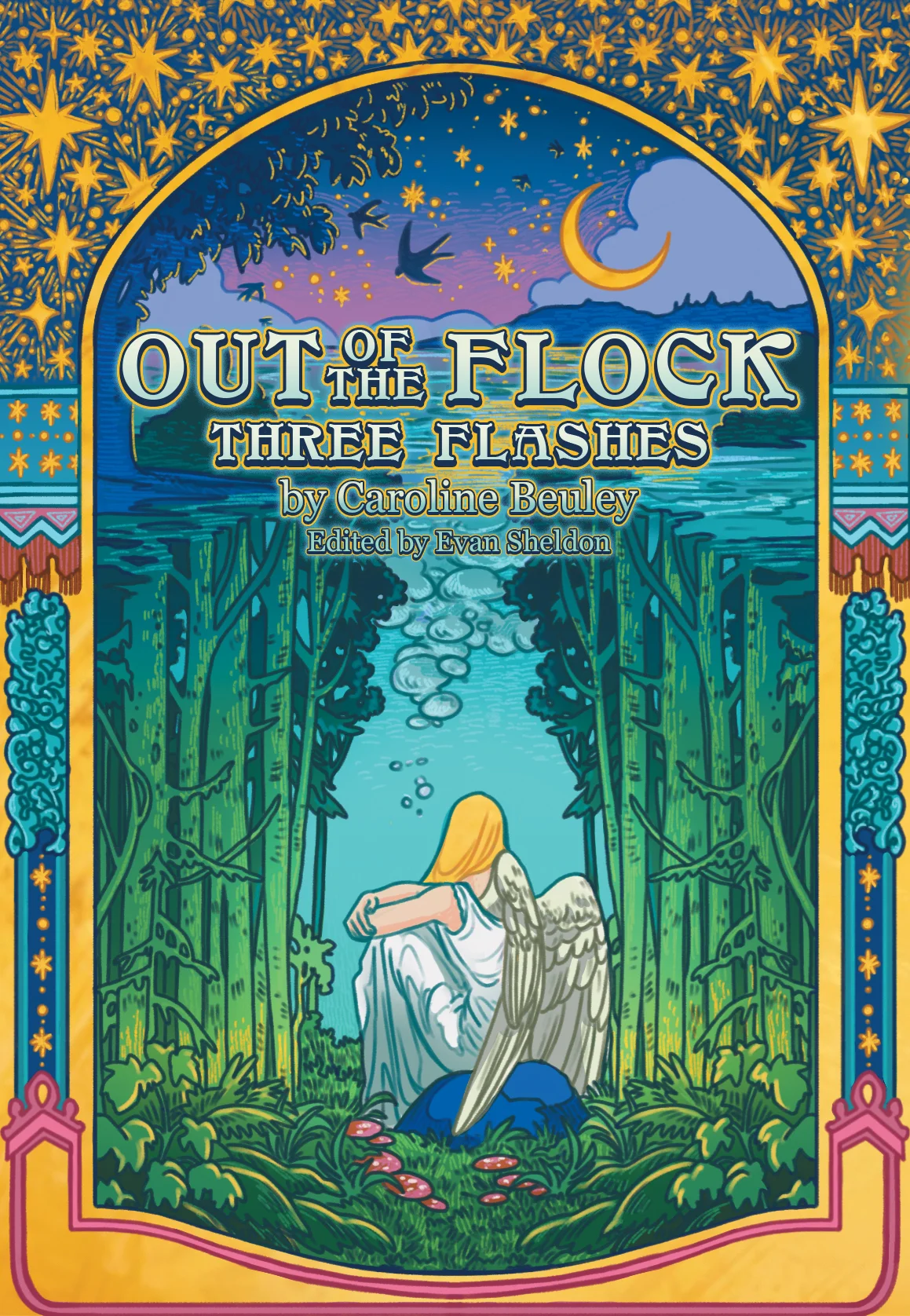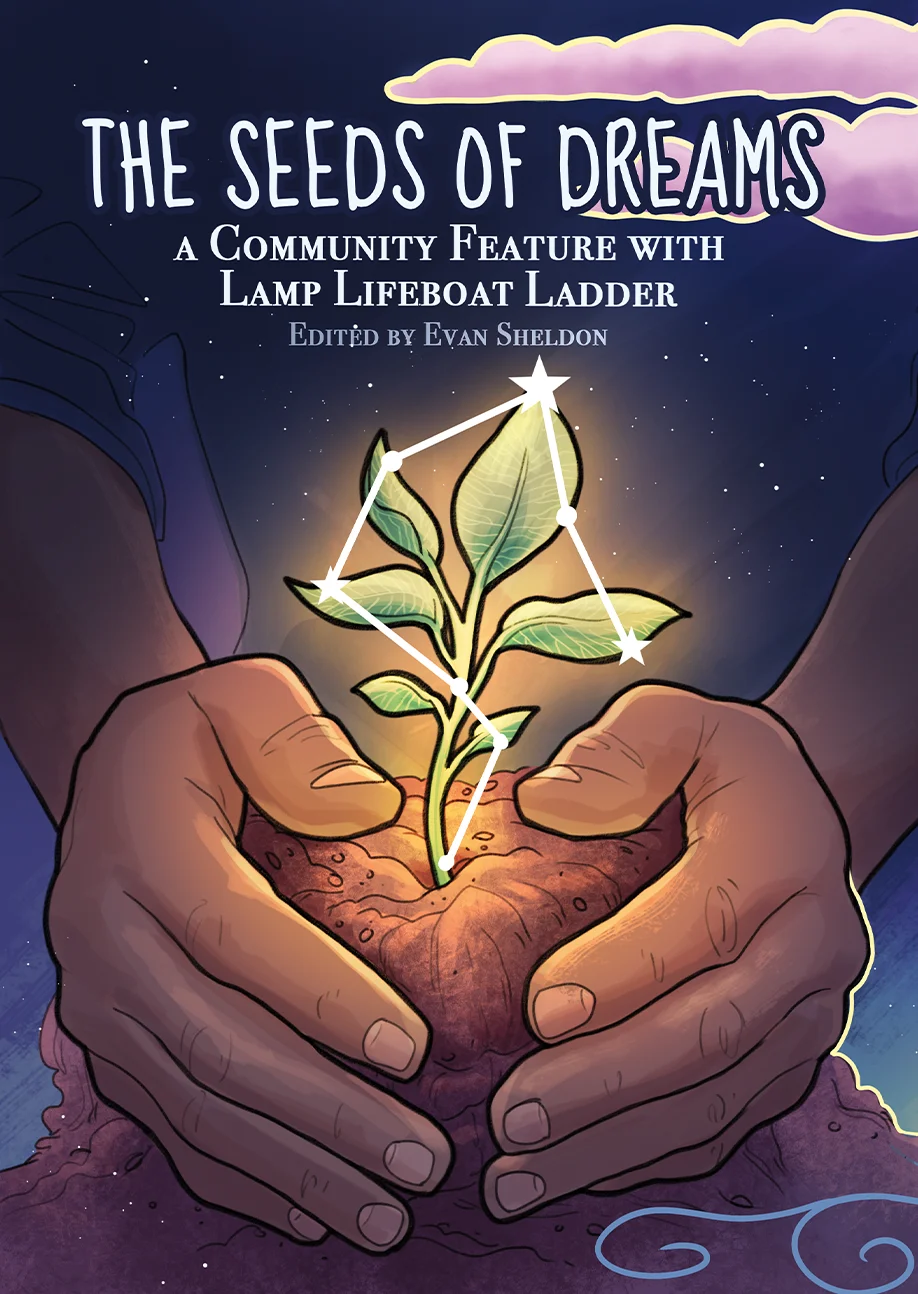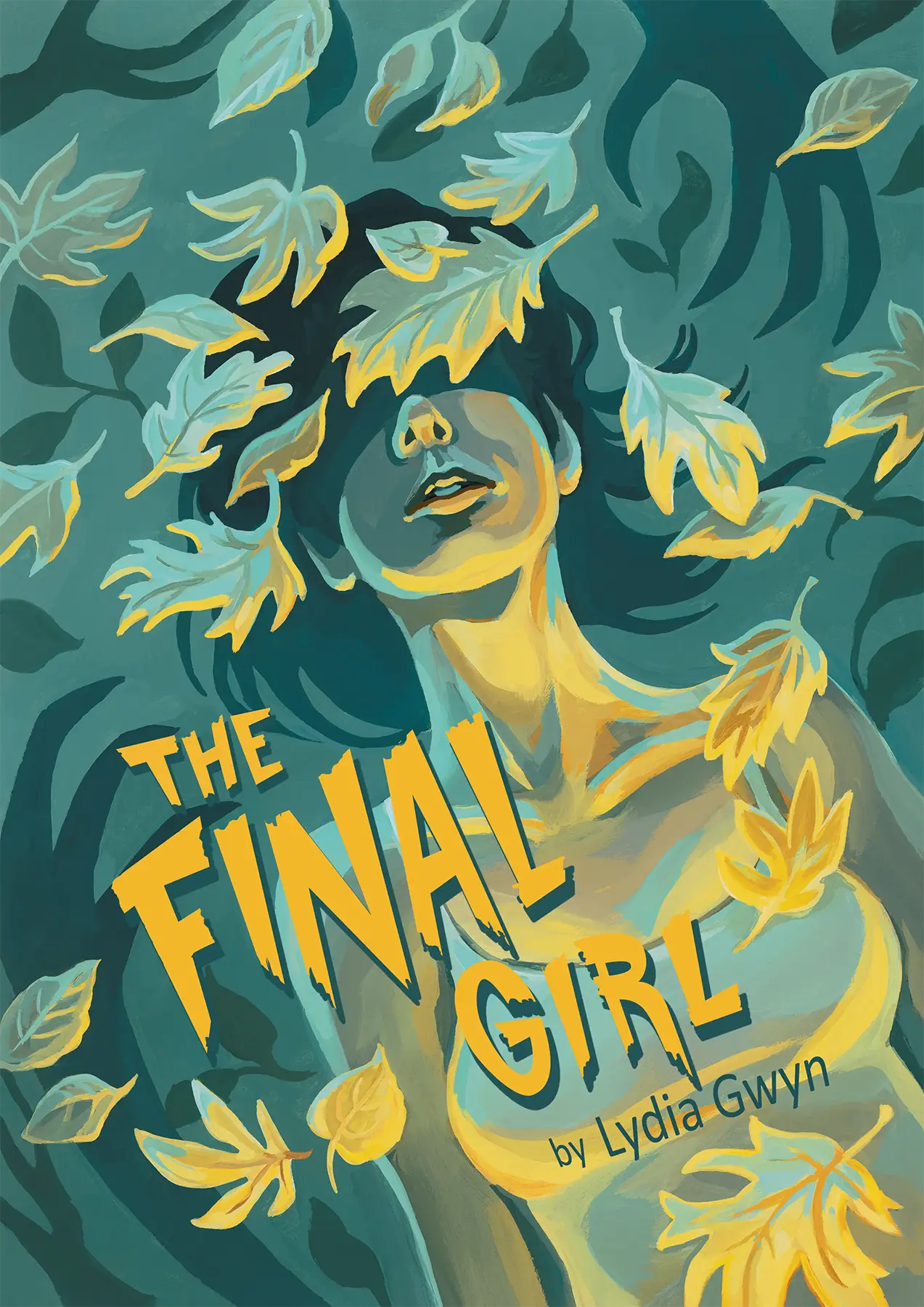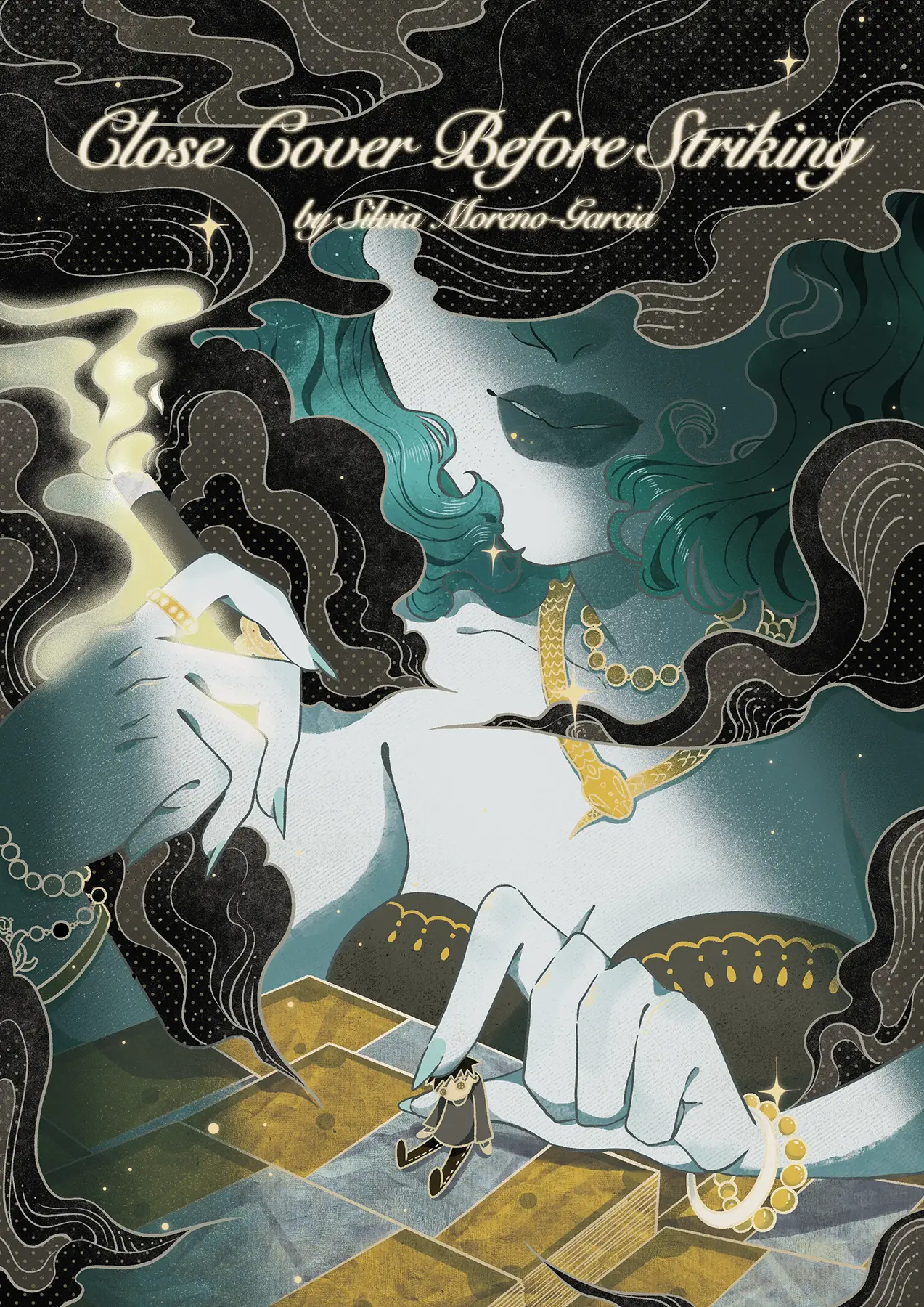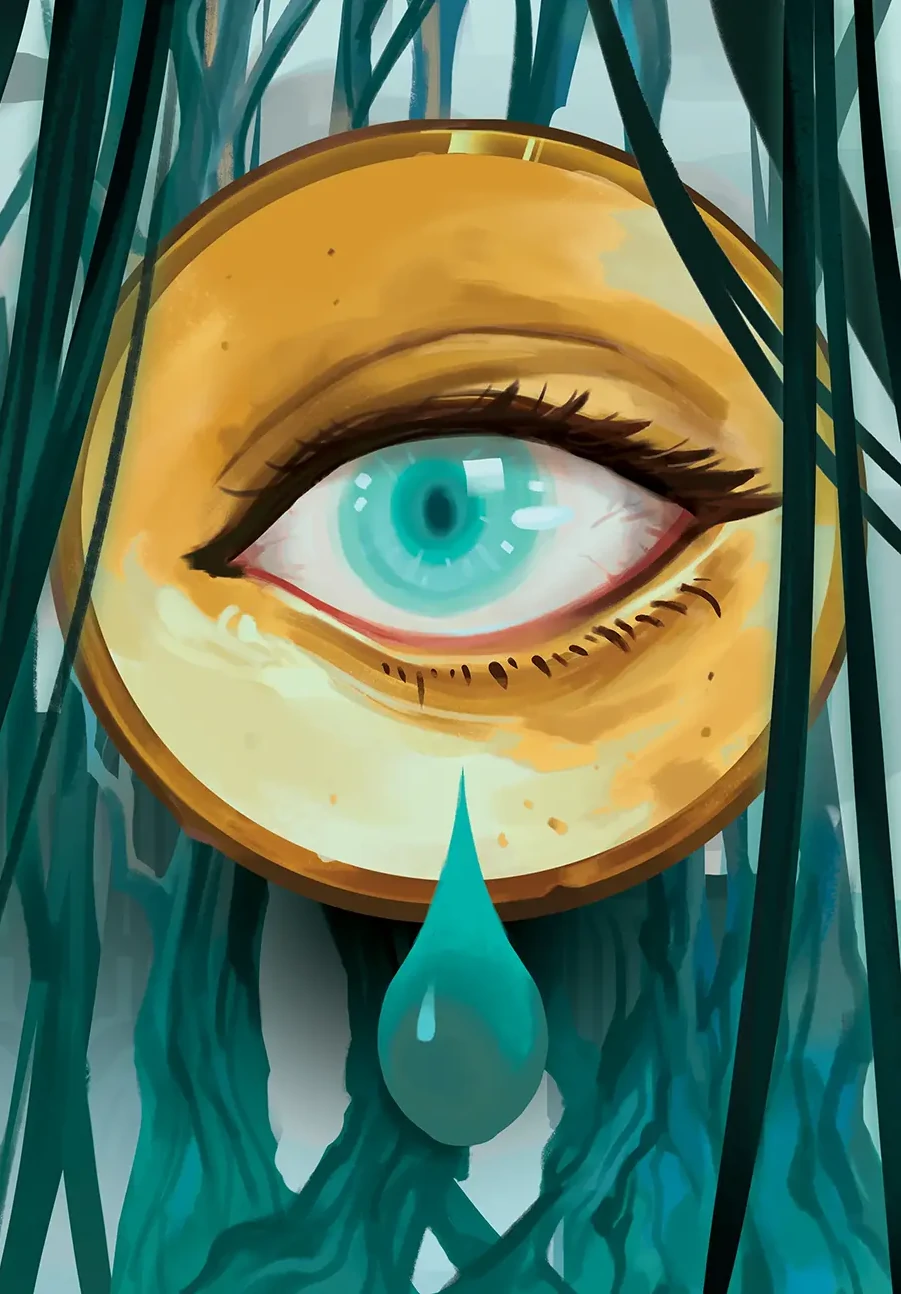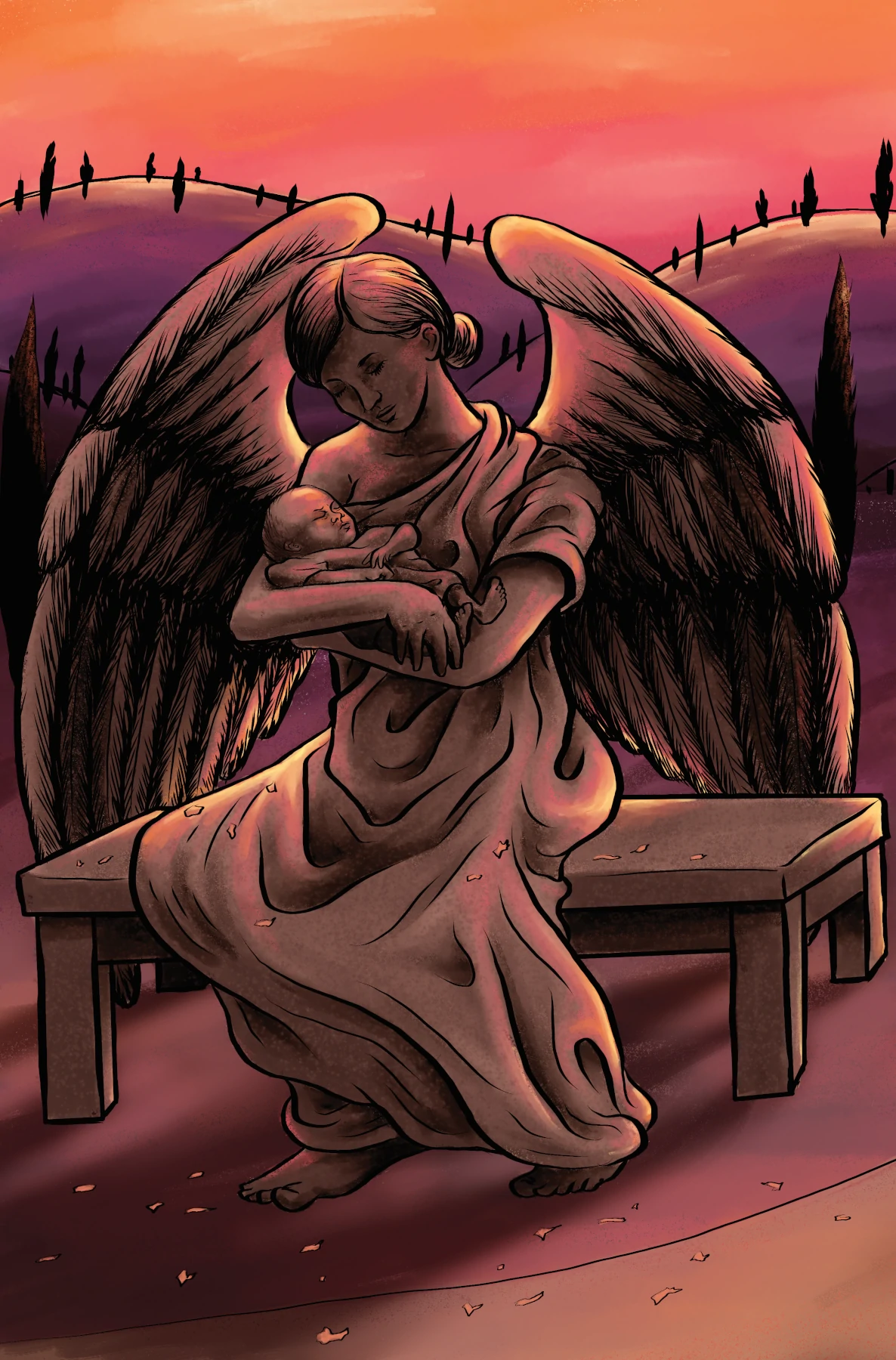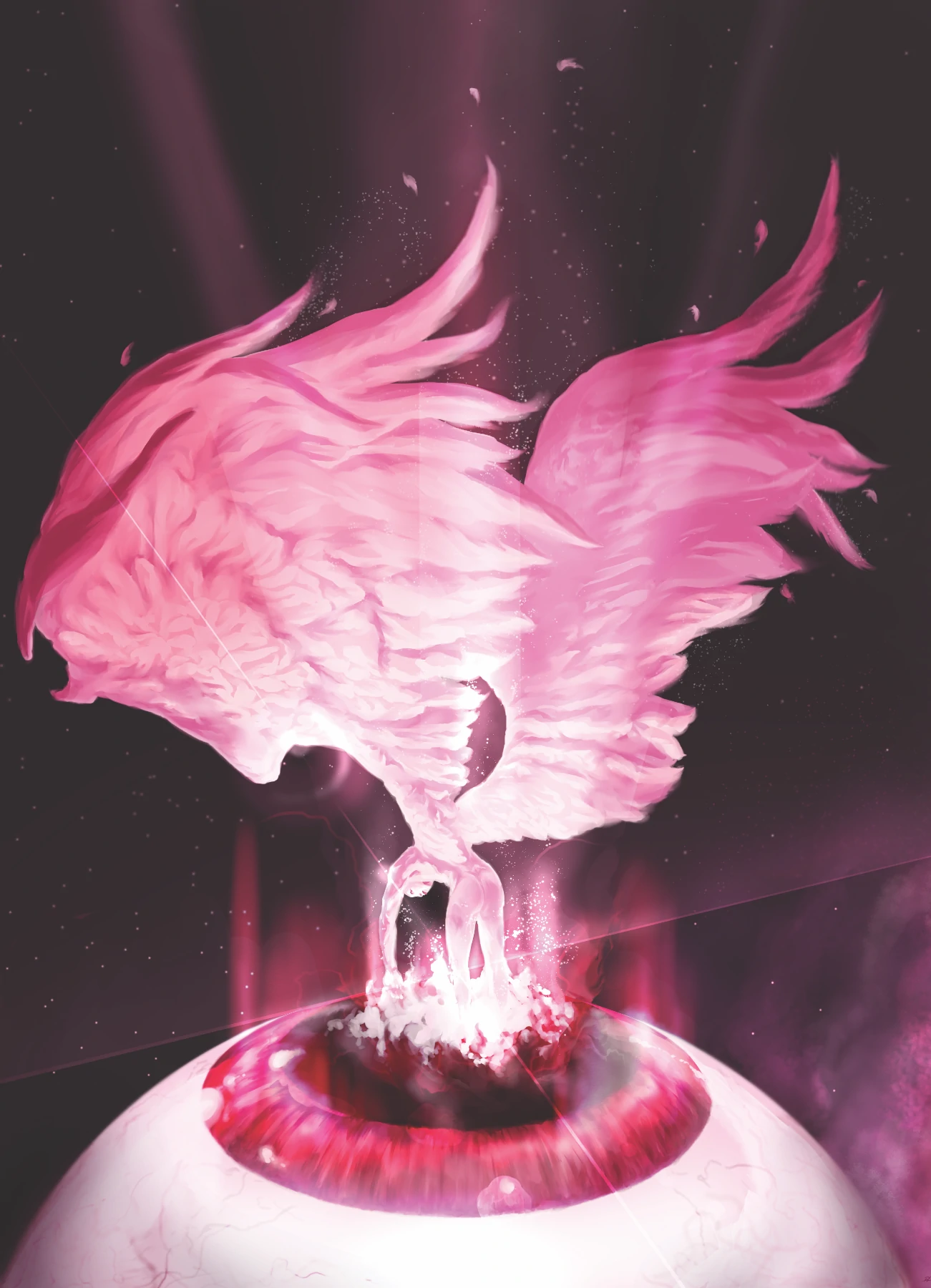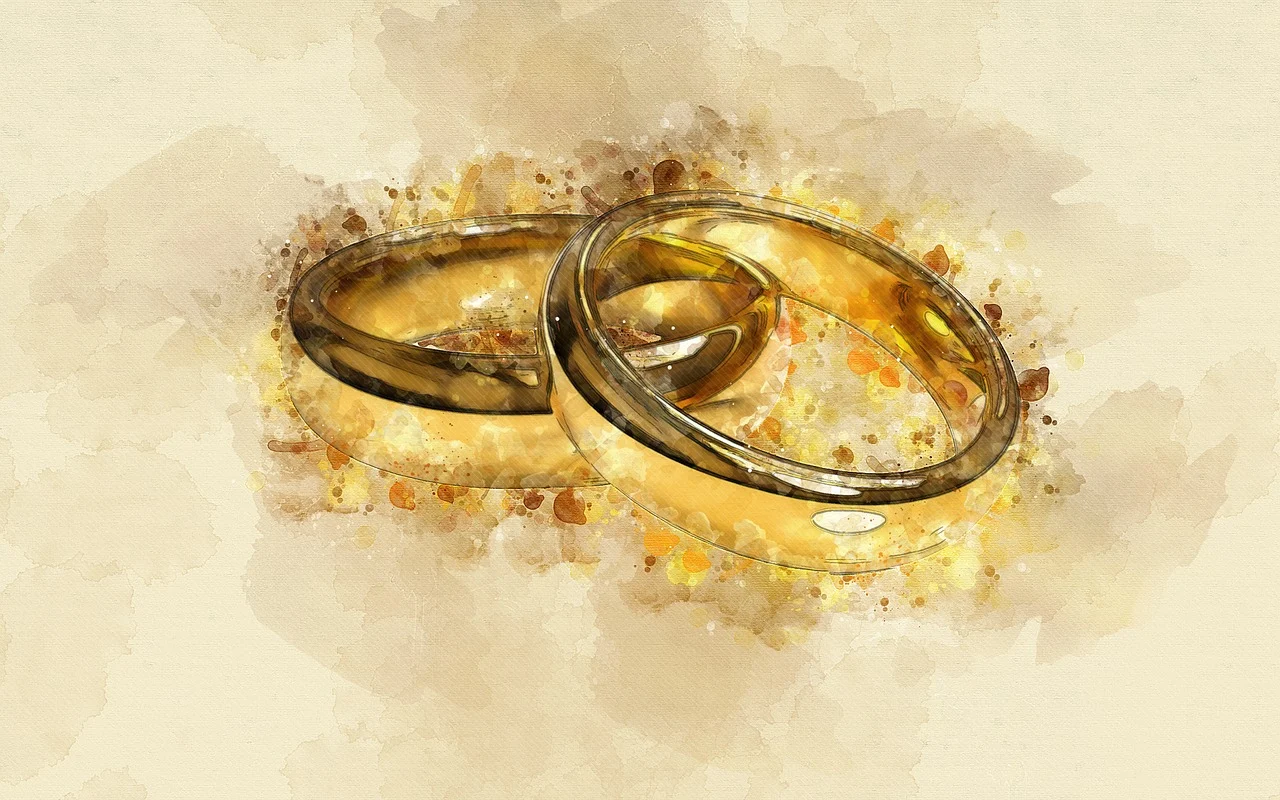
How I Imagine Two People I Know from Instagram Met
They like to say they met at Bow Market. Theirs sounded like a sapphic romance: reaching for the same porcelain ring dish on a Small Business Saturday. One of them, to put their wedding band in, the other, to house their grandmother’s signet. The real story is more cliché: bartender at female-owned wine bar comps customer a few glasses of red on a Wednesday night and misses their shift the next day. In the end, they end up buying the ring holder from Bow after all, not for wedding bands, but instead, for discarded safety pins from running bibs. Scattered, silver, and winking.
“What clinched it for you?” they ask while walking the whippet or drinking Chardonnay distilled in steel.
“That you liked baroque rock.”
“That you asked me what I wanted to be when I grew up.”
“That you told me to come home.”
They slide past bitter things like divorce papers and the other dog that ended up with the ex. That is until one of them calls the whippet Rufus or worse, the other Emma. It’s in times like those that the what ifs come out and the do you still think about her and the silent but terrible is this the next passing thing?
What they both really want to know, even though they’re too afraid to ask: what is it that keeps you here? Perhaps their answers might have been the same: baroque rock, growing up, home. They continue to let that be their truth until, on the bartender’s professional Instagram, they see a comment at 3 a.m. from amylikescats that stops them cold:
Love your hair like that all scattered, silver, and winking.
The next morning, the customer-of-the-pair takes a cup of gunmetal earl grey and sits and stares at the ring holder until all those silver needles swim together. They sweep it up and dump it into the trash and realize for the first time since they got together, they can finally see the dish and it’s not like they remember. There’s an uneven crack, hairline fracture, along the blue tinted lip. Not broken yet but maybe, if they smashed it against the floor, they could piece it back together in kintsugi.
Now that they think about it, that old Japanese art was something they always wanted to learn, that— they believe without evidence— was kept from them by the whippet or the Chardonnay. They pick it up, feel the lack of its weight in their hand when the bartender-of-the-pair arrives.
They stare at one another like two cowboys dueling at high noon, hands on pistols and slowly, slowly, the one with the ring holder bends down on one knee and offers it to the other.
“Can we start again for real this time?” They ask, and the bartender brushes her silver hair over her shoulder and meets her on the floor and closes her hand over the ring holder and their foreheads touch and they sit there, waiting, perhaps, for one of them to rise.

